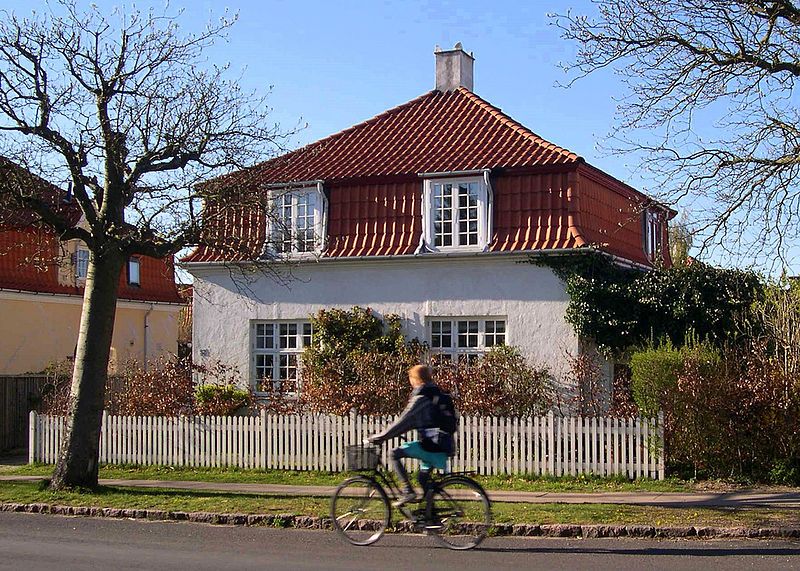According to renters interest group Lejernes Landsorganisation, at least 180,000 Danish tenants are at risk of significant rent increases due to continuing inflation. Some may already be experiencing rent increases, while many can expect to receive “startling” new contracts at the end of the year.
“This is going wrong. It has become a serious problem that will affects a lot of people,” Jørgen Dyrholm Jensen, the operations manager at Danske Lejere, warned TV2.
Skyrocketing rents
Under the new rental law enacted in 2015, private landlords can adjust their rents according to the Net Price Index published by Danmarks Statistik, which is used to measure inflation. The index is based on around 25,000 prices collected from around 1,800 retail outlets, companies and institutions nationwide.
Inflation levels have been relatively stable for a long time, so the legislation reasonably controls rent increases. However, this year, due to the pandemic and War in Ukraine, inflation levels have remained high and rent prices are set to increase significantly under the legislation.
Living in fear of a 25 percent increases
“If we had to pay so much extra in terms of rent and energy, we could no longer live here,” Christina Gamholdt, a 50-year-old tenant, told TV2.
She and her family are renting a 114 sqm flat for 9,600 kroner per month. According to the rental law, their rent may rise to 12,000 kroner per month. Such high rents have forced them to consider moving.
Rent regulations requiring adjustment
“Those who live in rented accommodation are usually those who earn less and therefore cannot afford to buy a home. As a result, rent increases are hitting them even harder,” Ida Marie Moesby, the consumer economist at Nordea, concurred to TV2.
“We believe that the government needs to intervene to protect tenants from sudden and substantial rent price increases. Rent increases should be temporarily halted in exceptional circumstances,” added Anders Svendsen from Lejernes Landsorganisation.















